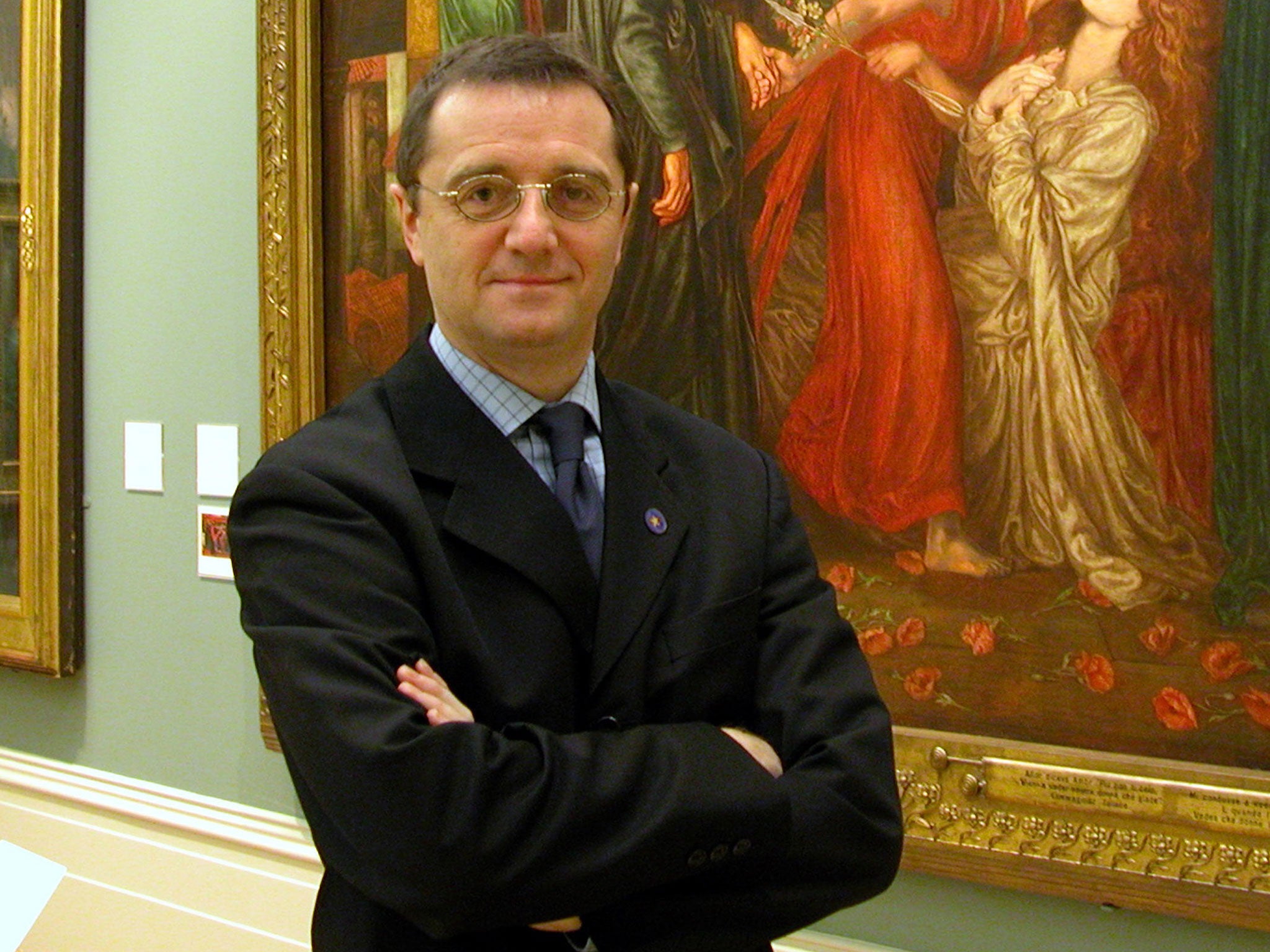End 'absurd' role for Britain's museums
Director's call to replace 'illogical' tradition with more social duty

Your support helps us to tell the story
From reproductive rights to climate change to Big Tech, The Independent is on the ground when the story is developing. Whether it's investigating the financials of Elon Musk's pro-Trump PAC or producing our latest documentary, 'The A Word', which shines a light on the American women fighting for reproductive rights, we know how important it is to parse out the facts from the messaging.
At such a critical moment in US history, we need reporters on the ground. Your donation allows us to keep sending journalists to speak to both sides of the story.
The Independent is trusted by Americans across the entire political spectrum. And unlike many other quality news outlets, we choose not to lock Americans out of our reporting and analysis with paywalls. We believe quality journalism should be available to everyone, paid for by those who can afford it.
Your support makes all the difference.A leading UK museum director says institutions that do not move beyond their traditional role of collecting, preserving and researching are "illogical and absurd". David Fleming, the director of National Museums Liverpool, said museums have a duty to fight for social justice by actively participating in the debate on human rights.
In a speech to an international conference in Brazil this week, he will argue that traditional museums that primarily collect, preserve, research and interpret sources were "limited in their scope of social responsibility".
He cited the example of Liverpool's International Slavery Museum, which he said has been working to change Liverpool's black community's feelings of being "alienated, undervalued and besieged" despite having a presence in the city for hundreds of years.
Mr Fleming will argue that museums have changed on an international scale over the past 30 years, and have become less obsessed with preservation and grown more extroverted and socially responsible. He attributes this change to the financial pressures politicians put on institutions to cost less but still attract visitors, as well as having a diverse workforce with an interest in social history.
Join our commenting forum
Join thought-provoking conversations, follow other Independent readers and see their replies
Comments